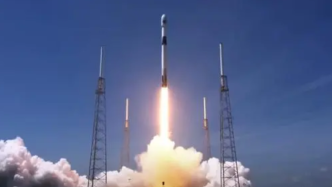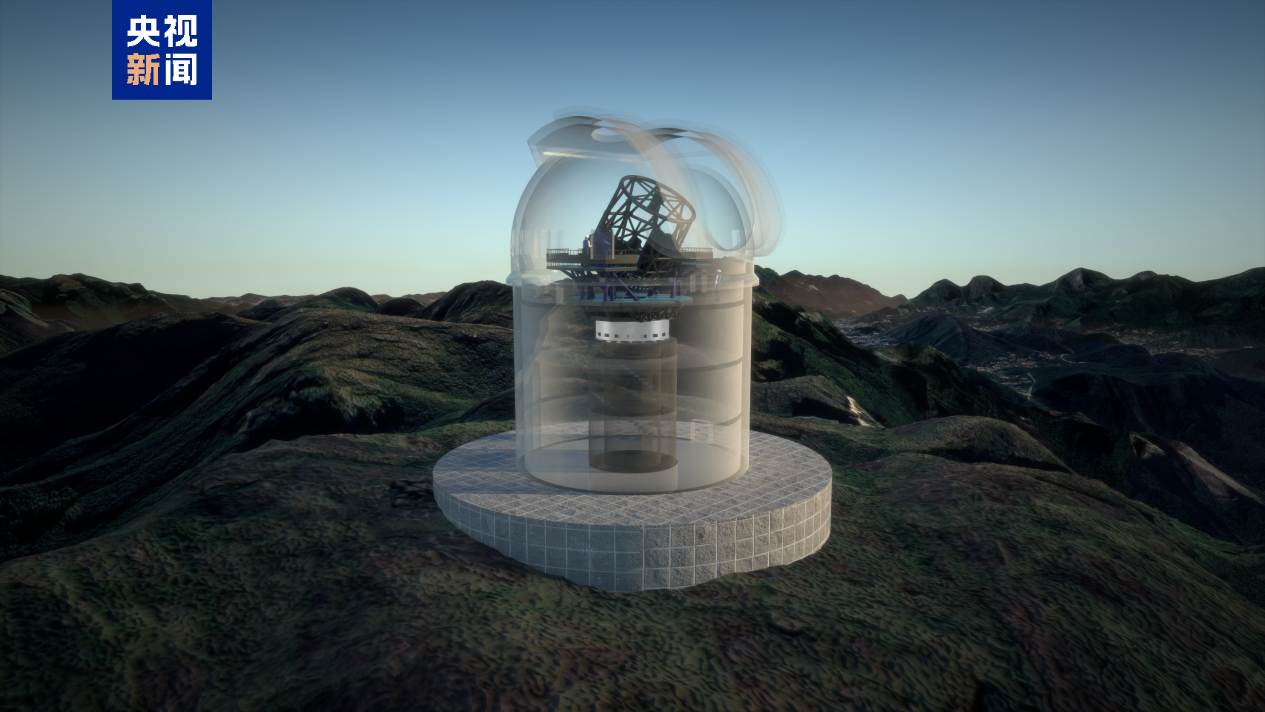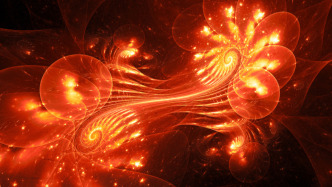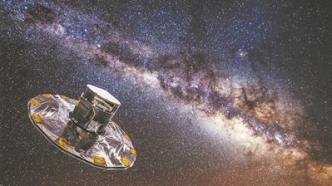
The European Space Agency's Euclid Space Telescope was launched from Florida, USA on the 1st to start its mission to explore the dark matter and dark energy of the universe.
At 11:12 U.S. Eastern Time on the 1st (23:12 Beijing Time on the 1st), Euclid lifted off from the Cape Canaveral Air Force Base in Florida on a "Falcon 9" rocket of the U.S. Space Exploration Technology Corporation. Subsequently, Euclid was successfully separated from the rocket. The European Space Agency has confirmed that a signal from Euclid has been received via a ground station in Australia.
The European Space Agency said the Euclid mission aims to explore two mysterious components of the universe - dark matter and dark energy - to help understand the composition of the universe.
According to reports, Euclid will observe billions of galaxies within 10 billion light-years to create the largest and most accurate 3D map of the universe to date. This detailed chart contains information such as the shape, position and movement of galaxies, and will reveal the distribution of matter in the universe and the evolution of the universe, helping astronomers infer the properties of dark energy and dark matter in the universe, and increase human understanding of gravity and the nature of the universe.
Carol Mundell, director of science at the European Space Agency, said that revealing the nature of dark matter and dark energy and the role they play in the fabric of the universe can help humans understand the universe we live in.



Thanks a lot! Great stuff. web page Regards. Wonderful stuff! casino en ligne Truly many of good info. casino en ligne You have made your point quite nicely.. casino en ligne You actually expressed that well. casino en ligne You said this effectively. casino en ligne Thanks, Useful stuff. casino en ligne You have made the point! casino en ligne With thanks. Useful stuff. casino en ligne With thanks! Fantastic stuff! casino en ligne